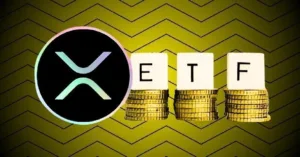A portion of the internet existing on darknets not indexed by search engines, that can only be accessed with specific software, configurations or authorizations.
The dark web is often confused with the deep web — the part of the web that is not indexed by the search engines and is thus not searchable. The dark web is a smaller subsection of the deep web that requires special software to host and visit web pages on it.
The layered encryption of the dark web, which routes communications through large numbers of volunteer nodes, with each new node adding an extra layer of encryption, ensures that the identities and locations of users are not revealed to anyone. Both the visitors and the hosts of dark web pages are unable to obtain any personal information about each other, allowing them to communicate in complete confidentiality.
This level of privacy uncharacteristic for the regular Internet — or “Clearnet” as it is referred to by some dark web users — allows for a completely free exchange of ideas and information between the users. However, according to some researchers, it also leads to some highly illegal and immoral activities on the dark web marketplaces, such as the selling of illegal drugs, firearms and child pornography.




